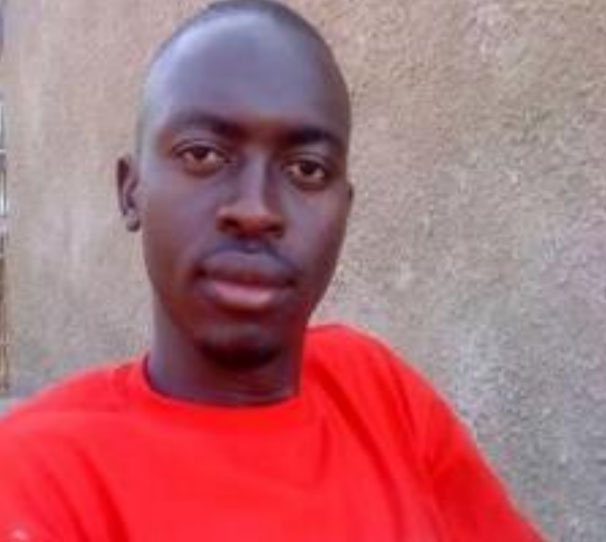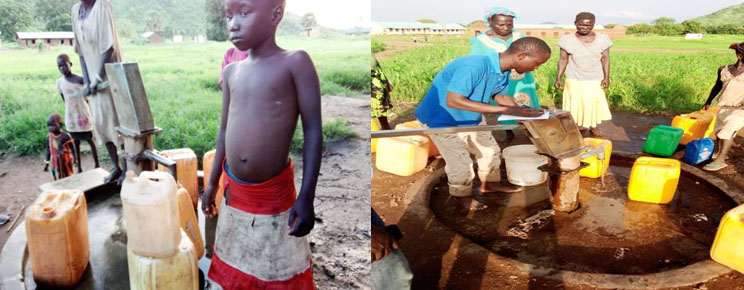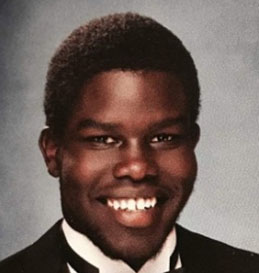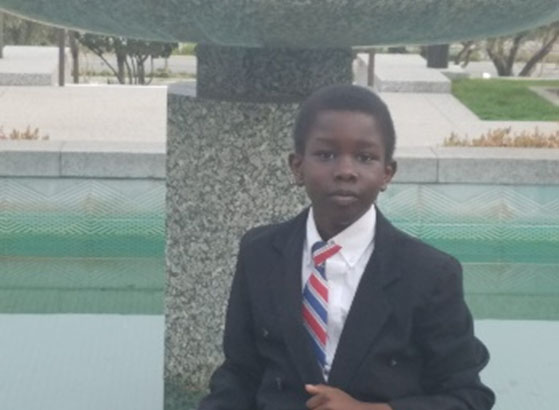Girls Participation in Sports in South Sudan
In most communities in South Sudan, girls are considered as marital assets and are not encouraged to participate in social and economic livelihood of the community. They are marginalized of their rights to education, ownership and choice. Other communities practice cultural taboos that strictly forbids the girls and women from participation and these include, but not limited to eating certain foods, participation in sporting and education activities.
(more…)BC Global South Sudan
Message on the International Youth Day 2020
I would want to take this opportunity to salute all youth in South Sudan and the world in this very important day. It is a day that the South Sudanese youth are willing to celebrate in a peaceful and progressing environment. It is a day when the marginalized youth would want showcase their innovations and creativeness in the different sectors of the economy.
Frankly speaking, the youth are faced with myriad challenges and they lack opportunities ranging from education, health, employment and participation in both the private and public sectors. The South Sudanese youth aren’t like any other youth in the world, but rather used as assets for civil war, inter and intra-communal fights and cattle raiding in most communities. In respect to the cyclical conflicts, most youth have physically become impaired or lost lives in the process. Many are in refugee settlements in neighbouring countries or protection of civilian sites (PoCs).
(more…)Assessing disability in children and youngsters in South Sudan

CEO-BC Global South Sudan
Overview
Decades of conflict in South Sudan, pre and post-independence in 2011, poverty and access to services have increased the rate of disability and rendered children and youngsters with disabilities more marginalized and excluded as a result of the numerous attitudinal, environmental, and institutional barriers they face, and the lack of concerted efforts to include them. This article is to examine the evidences on the experiences of children and youngsters with disabilities living in South Sudan. There are numerous gaps in respect to the experiences of children and youngsters with disabilities living in South Sudan as very little study has looked at disability in South Sudan and the available evidence base is extremely limited.
(more…)Challenges in the Fight against Coronavirus in South Sudan
Healthcare system and infrastructure
- Poor and low capacity health infrastructure to handle pandemic
- Inadequate qualified professionals
- Insufficient funding by government towards the health sector
- The COVID19 Taskforce was politically motivated and lack medical professionals
- Poor medical technology in the fight against the pandemic
- Inadequate supply of COVID19 equipment and kits
- Other infectious diseases a threat to the population
- Children, women, elderly and physically impaired are at high risk in terms of accessing the basic necessities during this critical moment.

Future Stars Football Academy “Empowering youth through football
COVID-19: Is South Sudan’s health system prepared?
South Sudan could be in the worst position in the world for Coronavirus, according to a report by Deep Knowledge Group, a Hong Kong-based consortium of commercial and non-profit organizations. The group put together a data analysis of 20 measures of countries’ abilities to respond to Coronavirus. South Sudan came in very last, behind 199 other countries worldwide.
(more…)The Effectiveness of Prison Rehabilitation

The rehabilitation of prisoners is something that has been enforced in various ways under different prisons with different effects. Rehabilitation in prisons has also been modified throughout human history. Rehabilitation is meant to stop the patterns that made a person go to prison. The idea of prison itself is that it is meant to leave a lasting impression on prisoners whether negative or positive to not go to prison again. Rehabilitation is meant to correct a prisoner’s behavior without damaging a prisoner’s body or mental state. Today’s prisons rehabilitate prisoners but by a case by case limit because the conditions of a prison itself play a strong factor in how much a prisoner is rehabilitated and ready for life outside of prison.
(more…)COVID-19 National Steering Committee (NSC) Meeting
Introductory Interaction Between WaniWani
Introductory Interaction Between WaniWani, a student of Vista Del Vale Elementary School, California-USA and Children from Juba, South Sudan on 23rd May, 2020

Introduction
The meeting was called by Wani Wani which was facilitated by Francis Limbe the president of BC Global, USA. On the other part, Bidali Henry the Chief Executive Officer of BC Global South Sudan helped in the organization of the children in South Sudan. The meeting was conducted through WhatsAppVideo Call. The meeting focused on the COVID-19 Pandemic and how the children are coping-up during the scourge.
(more…)

